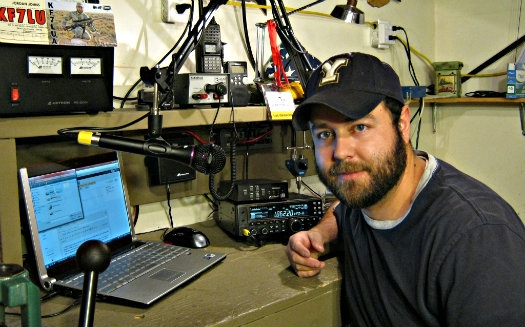
LICENCING OF AMATEUR RADIO
Amateur radio authorizing in the United States represents the path in which a few nations grant distinctive levels of amateur radio licenses in light of specialized learning: three consecutive levels of permitting exams (Technician Class, General Class, and Amateur Extra Class) are right now offered, which permit administrators who pass them access to bigger parts of the Amateur Radio range and more attractive (shorter) call signs. An exam, approved by the Federal Communications Commission (FCC), is required for all levels of the Amateur Radio permit. These exams are controlled by Volunteer Examiners, authorize by the FCC-perceived Volunteer Examiner Coordinator (VEC) framework. The Technician Class and General Class exams comprise of 35 different decision questions, drawn arbitrarily from a pool of no less than 350. To pass, 26 of the 35 questions must be addressed accurately. The Extra Class exam has 50 different decision questions (drawn haphazardly from a pool of no less than 500), 37 of which must be addressed accurately. The tests cover controls, traditions, and specialized information, for example, FCC arrangements, working practices, propelled hardware hypothesis, radio gear outline, and wellbeing. Morse code is no longer tried in the U.S. Once the exam is passed, the FCC issues an Amateur Radio permit which is legitimate for a long time. Concentrating on for the exam is made simpler in light of the fact that the whole question pools for all permit classes are posted ahead of time. The question pools are redesigned like clockwork by the National Conference of VECs.
Planned DX, amateur radio administrators are analyzed on comprehension of the key ideas of gadgets, radio hardware, receiving wires, radio proliferation, RF security, and the radio directions of the legislature allowing the permit. These examinations are sets of inquiries normally postured in either a short answer or various decision organize. Examinations can be regulated by civil servants, non-paid guaranteed inspectors, or beforehand authorized beginner radio administrators.
Hence, amateurs utilize an assortment of voice, content, picture, and information correspondences modes over radio. By and large new modes can be tried in the novice radio administration, albeit national directions may require divulgence of another mode to allow radio authorizing powers to screen the transmissions. Encryption, for instance, is not by and large allowed in the Amateur Radio administration aside from the exceptional reason for satellite vehicle control uplinks. The accompanying is a fractional rundown of the methods of correspondence utilized, where the mode incorporates both tweak sorts and working conventions.
